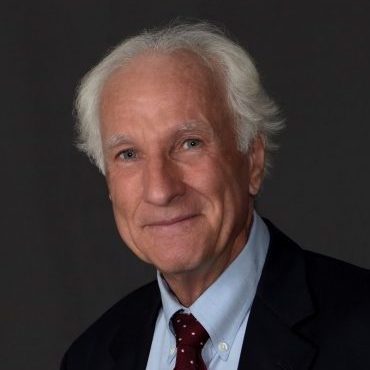If you’re in the profession of technology transfer, you just lost a close friend. Whether you knew him or not, you are a beneficiary of Norman J. Latker who passed away last weekend.
Norm was the patent counsel at the National Institutes of Health in the 1960s. He realized that the benefits of billions of dollars of federally funded research were going unused because the government took patent rights away from universities and others creating inventions with agency support. Norm envisioned a more effective system relying on the intended incentives of the patent system taking these discoveries off of the agency shelves, and transforming them into useful products benefiting the U.S. taxpayer. Working with the founders of what became AUTM, the program became the forerunner of the Bayh-Dole Act.
Concerned that new innovations were driving up health care costs (a familiar sounding theme), the Carter Administration terminated the program. Norm, Howard Bremer, and Ralph Davis of Purdue set up a meeting with Senator Birch Bayh’s office asking that the program be made the basis for a uniform government patent policy. This request led to the introduction of the Bayh-Dole Act.
You can tell much about a person’s character when you see how they react in good and bad times. Furious seeing Congress restoring a program they tried to kill, the political leaders at NIH tried to fire Norm. He refused to knuckle under, even though his career was at risk. Through the efforts of Senators Bayh and Dole, Norm found a job in another agency. When the law finally passed, Bayh and Dole entrusted crafting the implementing regulations to Norm’s capable hands. He then spent two years successfully fighting off efforts by the bureaucracy to undermine the law.
Norm later drafted what became the Federal Technology Transfer Act, extending Bayh-Dole incentives to the federal laboratory system. He created the Interagency Committee on Technology Transfer. Norm was in charge of deciding how to delegate technology transfer responsibilities at the Department of Commerce under the new law. He could easily have placed the authorities under himself, creating a nice fiefdom. But true to his philosophy that technologies are best managed by those creating them, instead he placed the authorities under the Department’s laboratories.
Norman J. Latker was a true man of principle and vision. He was not a mere theoretician. Norm’s passion was turning his vision into reality, even though he knew it required years of effort overcoming opposition from entrenched interests. He was willing to pay the personal price required, and many times it was a steep one. Norm was a stalwart ally, if he was by your side you didn’t have to worry about being abandoned when things got tough.
Millions of people around the world who never heard of him are better off today because of the life of Norman J. Latker.
Norm, you ran the race of your life with true courage. You never gave up,and you never put yourself on a pedestal. It was a true privilege having worked with you for so many years, and to have called you a friend. You taught me a lot.
God bless you, old friend. Rest in peace.
* * * * * * * * * * * * * * * * * * * * * * * * * * * * * *
EDITOR’S NOTE:
This article is republished with the permission of the AUTM.
Latker is survived by his wife Carole and his two children, Miriam and Richard.
If you are interested in making a donation in Norm’s honor, the Latker family requests that you consider the Tuberous Sclerosis Alliance. Donations can be made online at the Tuberous Sclerosis Alliance website, or by mail:
Tuberous Sclerosis Alliance
P.O. Box 10426
Uniondale, NY 11555
If you would like to share your condolences with the Latker family, you can sign the online guest book.

![[IPWatchdog Logo]](https://ipwatchdog.com/wp-content/themes/IPWatchdog%20-%202023/assets/images/temp/logo-small@2x.png)

![[Advertisement]](https://ipwatchdog.com/wp-content/uploads/2024/04/Patent-Litigation-Masters-2024-sidebar-early-bird-ends-Apr-21-last-chance-700x500-1.jpg)

![[Advertisement]](https://ipwatchdog.com/wp-content/uploads/2021/12/WEBINAR-336-x-280-px.png)
![[Advertisement]](https://ipwatchdog.com/wp-content/uploads/2021/12/2021-Patent-Practice-on-Demand-recorded-Feb-2021-336-x-280.jpg)
![[Advertisement]](https://ipwatchdog.com/wp-content/uploads/2021/12/Ad-4-The-Invent-Patent-System™.png)







Join the Discussion
No comments yet.